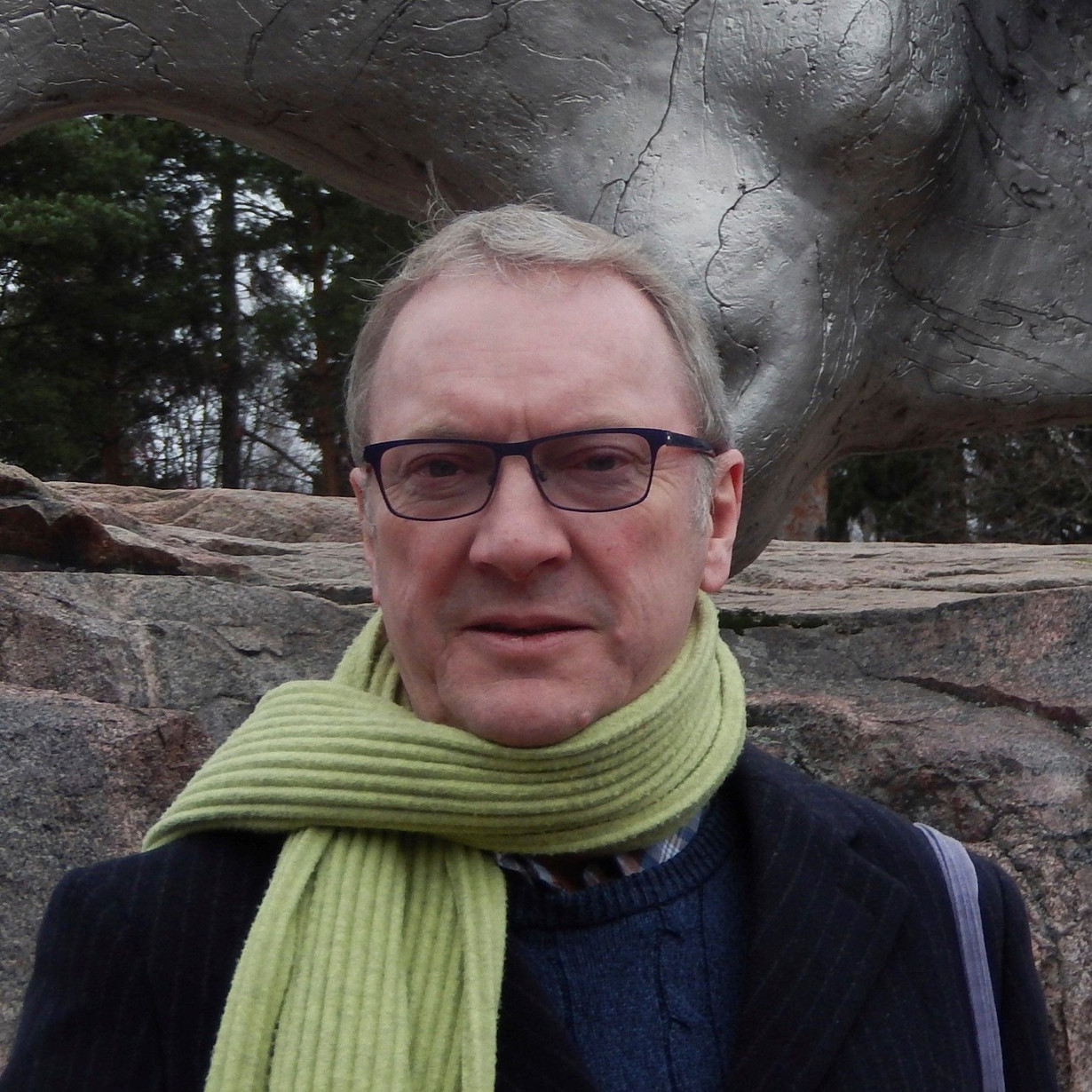Empiricism and the Avoidance of Philosophy
Wednesday 24 August, 11:00 - 12:00
Location: NM - Theatre L
An early step for anyone embarking on the study of education today will be a course in research methods. Such courses typically provide an induction into an array of methods and methodologies, together with a critical appraisal of the possibilities and limitations that these afford. These will be set against a range of theoretical perspectives, and complemented by an introduction to the ethics of educational research and the protocols that this requires. Such courses inevitably play a major role in the self-definition of educational research and, for all the differences that exist between research orientations, in normalising the field of study.
Valuable though such courses can be, however, they risk promoting the belief that the only way in which education can be studied is through empirical research – a belief that can be named “empiricism”. Two errors are embedded in this. First, it hides the many ways in which education is in fact studied where no empirical research is undertaken. A glance at the contents pages of many mainstream journals will reveal evidence of non-empirical work in abundance. Second, it risks misconstruing the nature of empirical research itself. It gives the impression that this must always begin with an evidential base. Yet this cannot be right as there must always be some prior process that determines what kind of question is to be pursued and why, and what will count as evidence in respect of this. And these are not matters that can themselves be addressed empirically. They involve reason, deliberation, and justification. Moreover, it is also the case in educational research that empirical findings rarely speak for themselves. The require assessment and interpretation, and this is typically undertaken in relation to thinking of more speculative kinds. There should be no great surprise to this as, unlike the case of medical research, education deals with human beings in the round in relation to values that are contestable.
Philosophy is a form of enquiry in which such questions have been pursued in sustained and sometimes systematic ways. It has not always served itself well in its own self-definition and stance towards other disciplines. But there is a way in which the kind of enquiry it pursues – especially the direct consideration of questions of meaning, value, and justification – cannot be avoided. Empiricism is always a mistake, and to style educational research within its terms is to restrict and distort the possibilities of coherent enquiry and understanding.
About Paul Standish

Paul Standish has extensive experience as a teacher in schools, colleges and universities, and his research reflects that range. His work spans a range of philosophical traditions, with a particular interest in questions of language and meaning as these bear on education, democracy, and human transformation. He is the author or editor of some fifteen books, including most recently Stanley Cavell and the Education of Grownups (2012, Fordham) and Education and the Kyoto School of Philosophy: Pedagogy for Human Transformation (2012, Springer), both co-edited with Naoko Saito. Paul Standish is also Associate Editor (2011-) and was Editor (2001‐2011) of the Journal of Philosophy of Education.